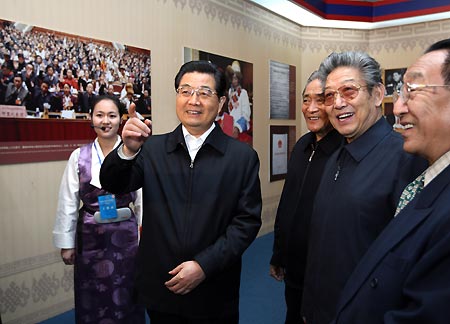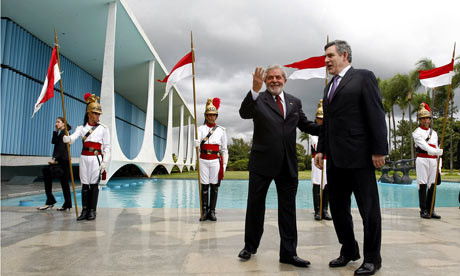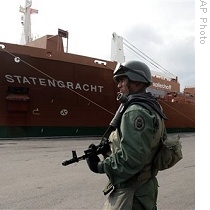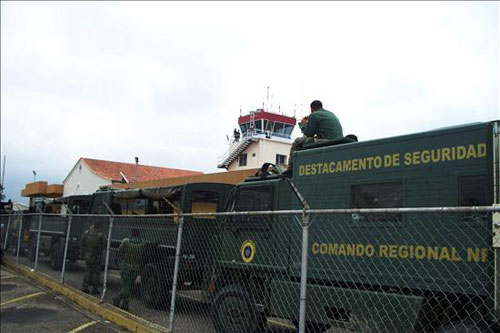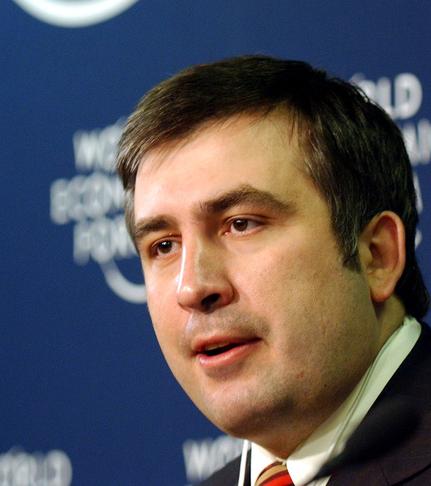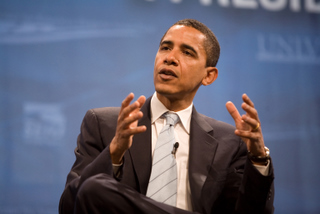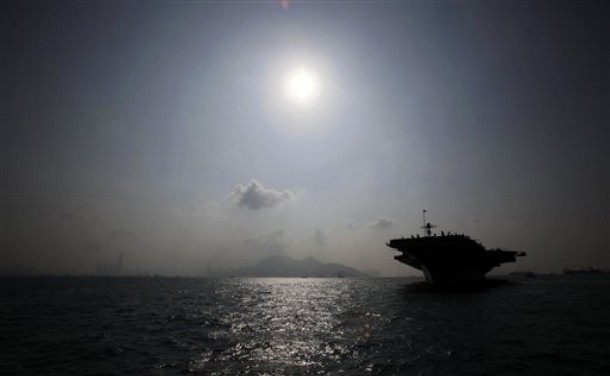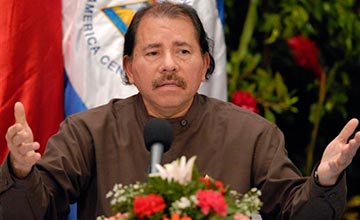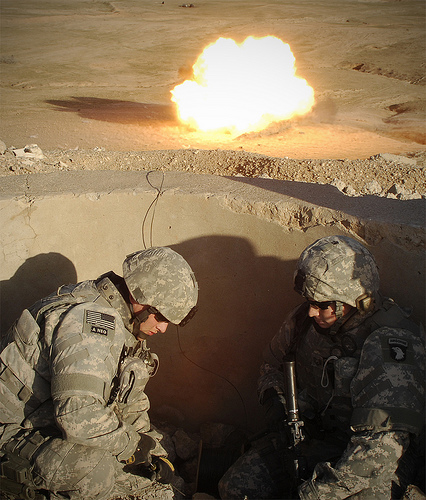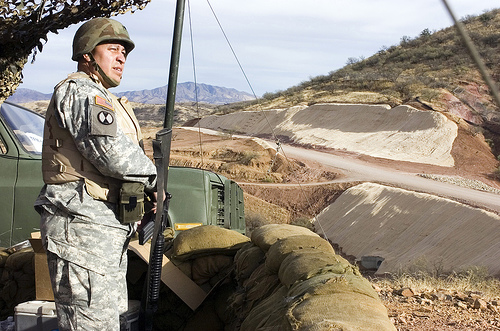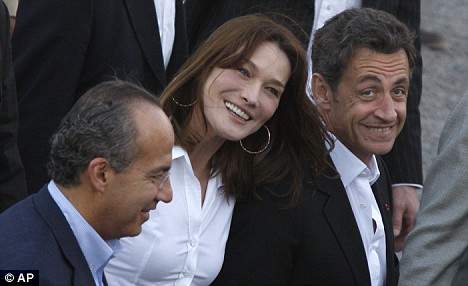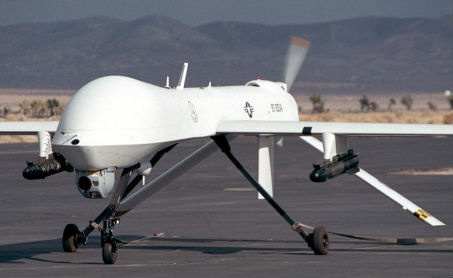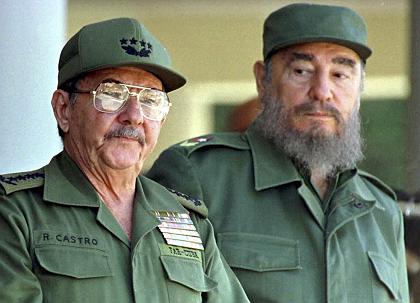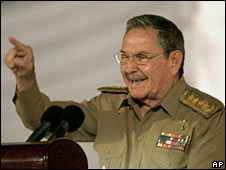With 87 days to go before Iran's presidential elections, the air is already thick with excitement. Usually, big events happen within a month before elections. But this time, we are witnessing them almost three months prior to the big day. This is mainly due to the added importance of these elections, owing to Iran's current controversial president, and the fact that he will likely run again. 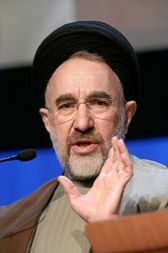
One of the first major developments was the candidacy of former President Mohammad Khatami. He kept his supporters waiting and guessing for months before he ultimately confirmed his participation.
However, after just six weeks in the race, Khatami has now decided to drop out. According to the Washington Post, the popular Iranian cleric did this "for the sake of the reformist front ... and to avoid splitting the vote."
This is a valid reason from Khatami. In 2005, the reformists and moderates competed against each other, and this only helped Mahmoud Ahmadinejad. In 2009, the mission of beating Ahmadinejad is so important that egos are being set aside. Simply put, for the reformists, it is more preferable to delay political ambitions than to see Ahmadinejad win another term of office. The importance of this can not be overlooked, as in Iranian politics (like that of many other countries), many politician's egos and reputations are prioritized over the welfare of the people.
Why Back Mousavi?
According to a recent survey in the Tehran based Alef News, 22,472 people from Tehran and 32 other Iranian cities were asked questions about the upcoming presidential elections.
Amongst other questions, the participants from Iran's 32 major cities (excluding Tehran) were asked:
If the elections were held tomorrow, who would you vote for?
46.5% said Ahmadinejad
33.5% said Khatami
4.2% said Ghalibaf (current Tehran Mayor)
1.9% said Ayatollah Karoubi (former Majles speaker)
1.7% said Mousavi
The same question was asked of Tehran's citizens and the results were:
36.1% Ahmadinejad
34.7% Khatami
12.8% Ghalibaf
2.1% Mousavi
1.2% Karroubi
The results show that Khatami is 19 times more popular than Mousavi outside of Tehran, and at least 16 times more popular than him in the capital. So why is Khatami backing Mousavi, when he himself is far more popular?
The answer to this question could be related to consultations between the Supreme Leader (Khamenei) and Khatami. Most probably, Khatami realized that if he is elected, the conservatives, out of spite would not allow him to make any reforms. This is because he is a much more controversial figure. This was seen when the ultra right-wing newspaper Keyhan ran an article in which it talked about the possible assassination of Khatami.
With Iran's economy in dire straits, Khamenei does not need such a polarizing figure as Khatami. Also, the conservatives would make life impossible for him, as they tried during his presidency between 1997 – 2005. More infighting and lack of reforms to repair the damage caused to the economy could severely damage the foundation of Khamenei's rule.
Being unable to carry out important reform would also damage Khatami's credibility as well. This is most likely why Khatami decided to throw his weight behind Mir Hosein Mousavi.
Mousavi, like Khatami, is a reformist. However, there are two clear differences between them, based on their background.
One is the fact that compared to Khatami, his relationship with Khamenei is better. We should not forget that when Khamenei himself was president (1981-89), Mousavi was his Prime Minister. The two had a close eight-year working relationship. If elected, Mousavi would be able to open more doors than Khatami. The Supreme Leader will be more sympathetic to him. This would deter conservatives from creating too many challenges for him.
Secondly, those within the conservative movement who are leery of Ahmadinejad will have an easier time voting for Mousavi than for Khatami. In other words, Mousavi will be better at stealing votes from Ahmadinejad and building a viable electoral coalition.
If Mousavi is elected, what would happen to:
The Nuclear Program
The president is not in charge of the nuclear program. However, if elected, Mousavi could give the reformists a stronger lobbying position with the Supreme Leader. He could urge him to suspend uranium enrichment, or to show flexibility, if that is what he sees as critical and necessary in order to save the economy and to bring Iran out of isolation.
However, if Mousavi feels that Iran is close to the bomb, and the economic and diplomatic price is worth paying, then he may refrain from calling for more compromise.
Negotiations with the United States
It is quite likely that Mousavi would back talks with the US, as means of enabling Iran to break out of international isolation, and to help consolidate Iran's position in the Middle East.
Israel
Mousavi will be a far less controversial figure. This is an easy task, as compared to Ahmadinejad, who by comparison makes everyone else seem less contentious. If elected, it is very likely that we will see an end to questions about The Holocaust, and statements calling Israel a "dirty microbe."
However, like any Iranian president, he will support the Palestinian cause and condemn Israel's actions and policies towards Hamas and Hezbollah.
Although many Israeli officials will be relieved to hear an end to the insulting verbal attacks by Ahmadinejad, some could soon miss him. In the search for sticks, Israel, the EU and the US had to go to the United Nations Security Council. This was a long and laborious effort.
But Ahmadinejad, with his contentious statements and isolating rhetoric, was giving sticks away by the dozen, and for free. Mousavi's election could spell the end of such bargains.
Meir Javedanfar runs the Middle East Analyst blog.

